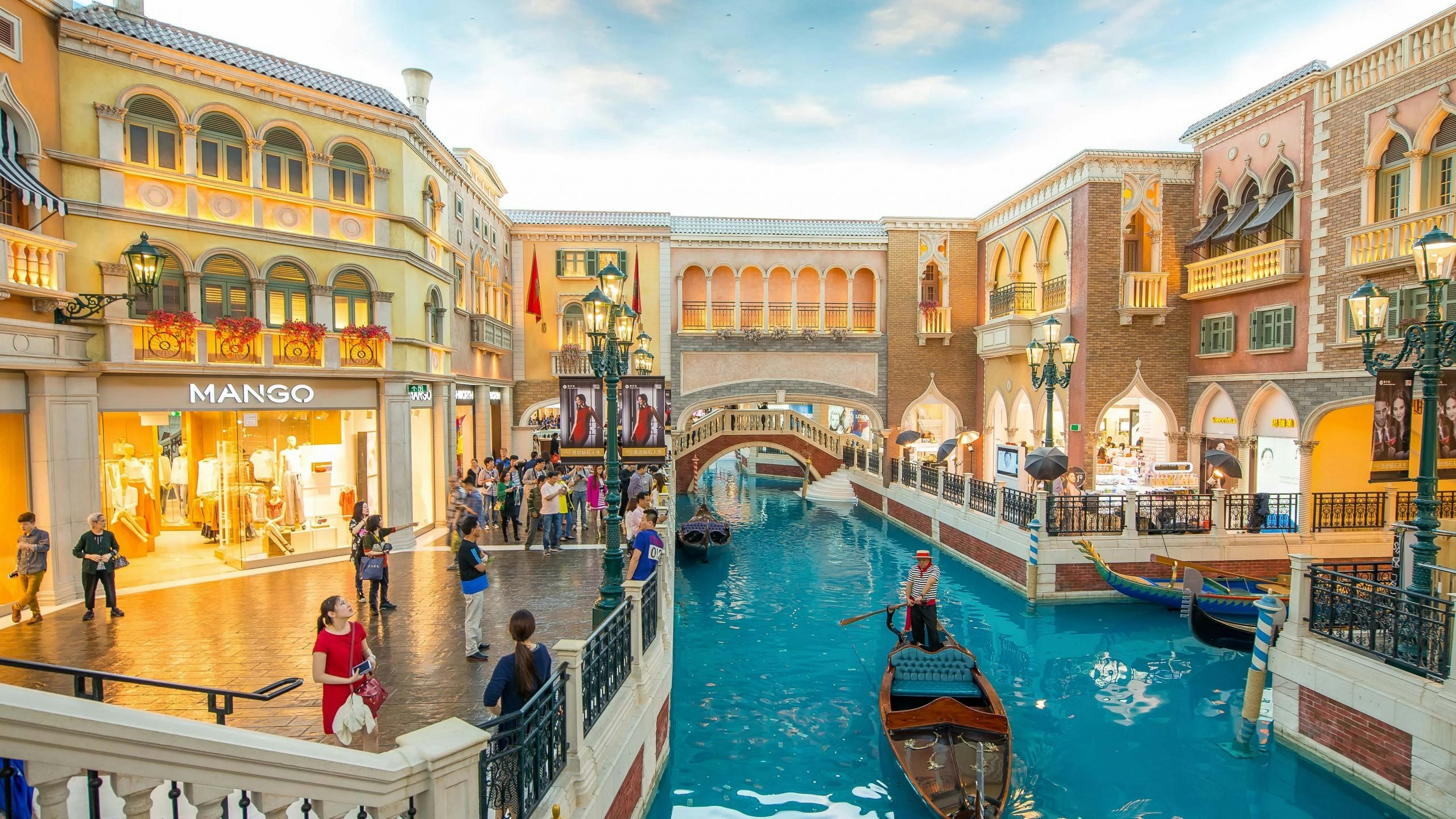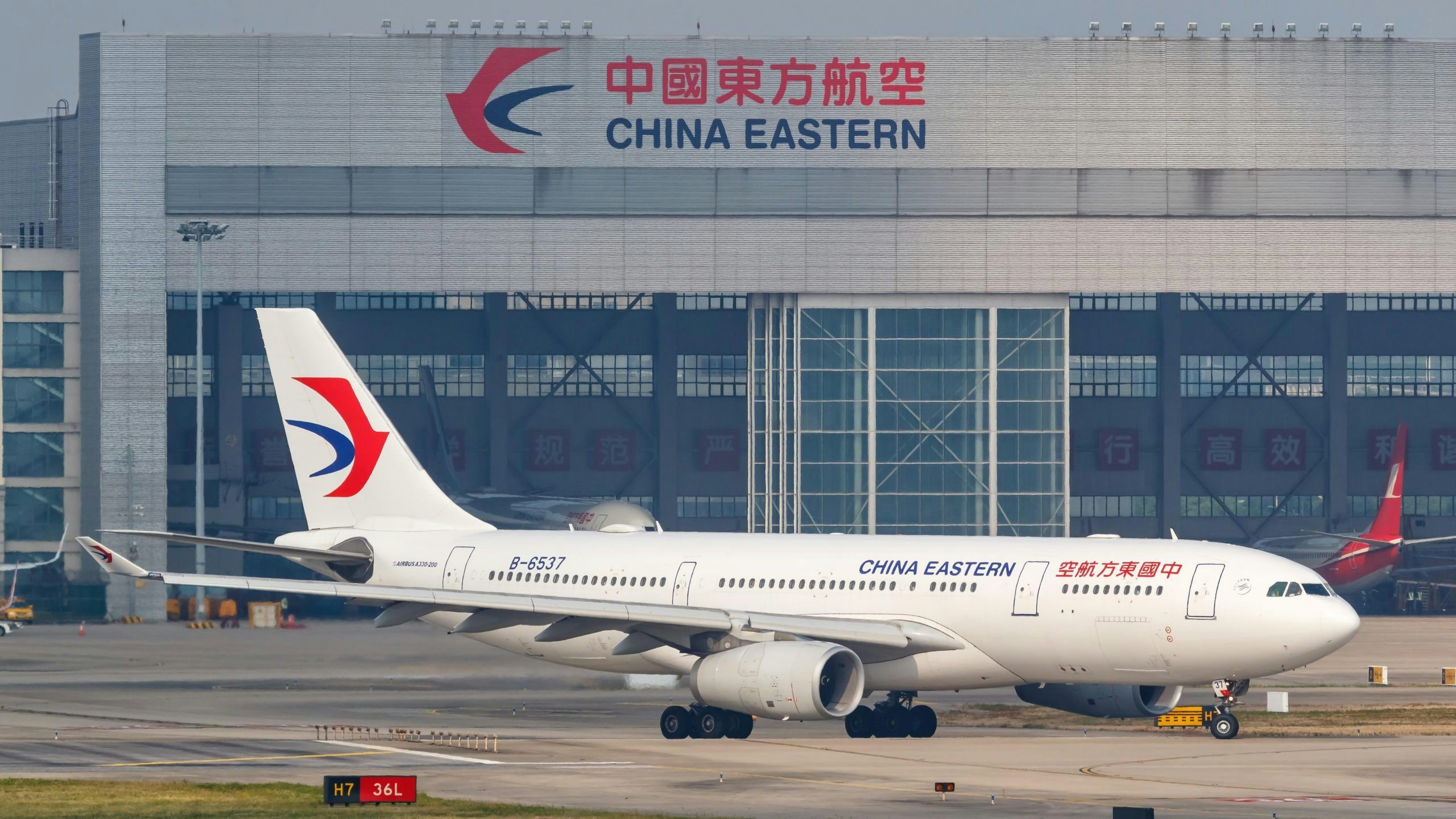What happened
Macau is slowly, very tentatively, opening its borders — as several recent travel policy changes show. After more than two years’ suspension, Macau resumed acceptance of smart-travel e-Visa applications on November 1, allowing mainland Chinese residents to apply for tourist visas via the pre-pandemic online system rather than the more cumbersome in-person process (which limited many visitors). There is no quarantine on arrival, just a series of COVID tests.
Macau’s Chief Executive Ho Let Seng stated that the move was aimed at reviving the city’s tourism-dependent economy. For the past two and a half years, the territory's famously lucrative casino, entertainment, retail, Famp;B, and travel sectors have been devastated by the pandemic and consequent lack of tourism.
The Macau Government Tourism Office (MGTO) has also announced that the city is ready to welcome package tours from mainland China starting this month. The Greater China territory has been slow to bring back travel; only on September 1 did it lift the entry ban for non-resident foreign nationals from 41 countries, including Australia, Canada, the UK, and the US. But testing, a week-long hotel quarantine, and three days of self-monitoring remain necessary — making it still unattractive for international tourism.
The Jing Take
The city’s economy has been hammered due to Beijing’s and its own strict COVID-19 controls. A September visit by one of our Jing Daily China team members saw very few other tourists around the territory. The retail, gambling, hotel, and entertainment sectors have suffered the most. And so the re-introduction of streamlined Macau-mainland travel will bring a much-needed boost to the market, driving in more vacationers to the area. With the positive news about welcoming group tours, hopefully this will convert into some serious numbers as mainlanders seek to satiate their pent-up hunger for travel.
Upon release of the visa news on October 28, the popularity of "Macau" as a keyword on the Tongcheng Travel site reportedly increased by 237 percent over the previous day, while searches for Macau hotels went up by 160 percent, and queries for air tickets and flights between the mainland and Macau by 150 percent. Should casinos, brands, and retailers rejoice? Yes — but many are understandably wary of popping the champagne just yet. Instances like the recent sudden two day lock down of MGM Cotai Casino, with all guests and workers ordered to stay inside after one dealer tested positive, does not bode well.
“Although the impact of restarting the eVisa scheme was delayed by a small outbreak of a handful of Macau cases, we do expect a significant pick up now that two rounds of mass testing have found zero cases,” says Macau Retail Director of Boy London stores Peter Caplowe, who counts Sands Casino as a landlord. “We are also excited about the restarting of tour groups, which we understand are being marketed in mainland China with the dates starting from November 13. It feels like the long-awaited turnaround is starting to happen.”
Foreign labels (as well as the government) are certainly ready for a rebound after over two years of suffering. One CEO, Niccolo Ricci of luxury menswear line Stefano Ricci, wasn’t shy about lamenting “the terrible performance” of their Macau stores these last two years. But hope is on the horizon with these new, more relaxed rules beckoning to domestic tourists. Additionally, Air Macau announced on November 2 that it plans to increase the number of flights between Macau International Airport and 17 mainland Chinese destinations (like Beijing, Shanghai, Chengdu, Hangzhou) in the next two seasons, further indicating an expected influx of visitors to the territory. For the tourist and retail economy, there’s finally light at the end of the tunnel.
The Jing Take reports on a piece of the leading news and presents our editorial team’s analysis of the key implications for the luxury industry. In the recurring column, we analyze everything from product drops and mergers to heated debate sprouting on Chinese social media.

